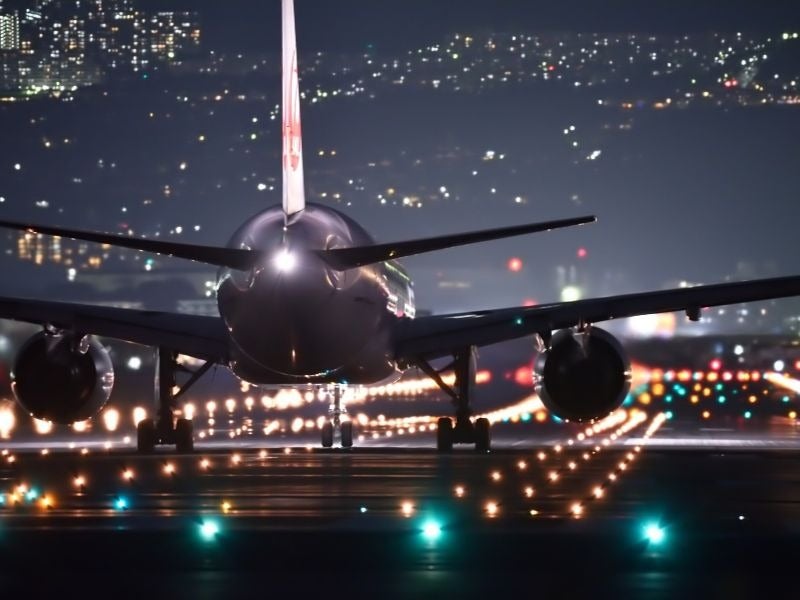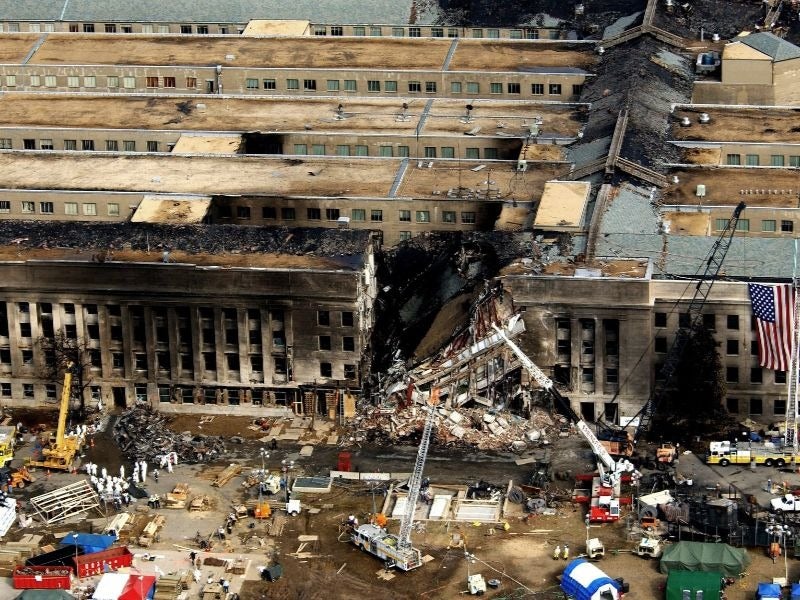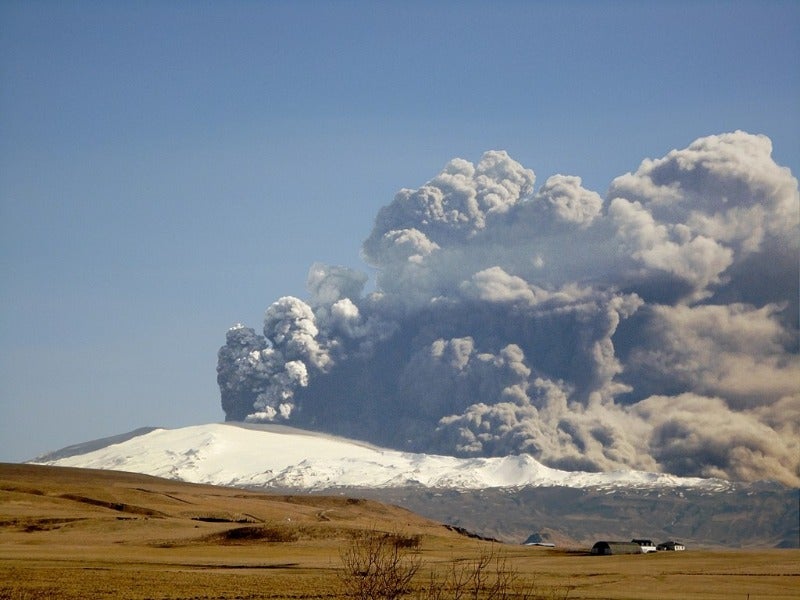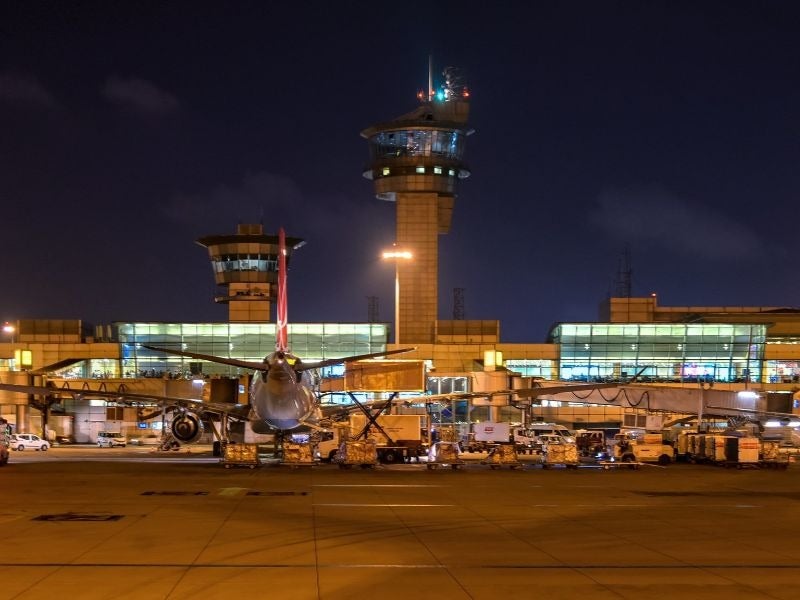
With passengers following non-essential travel orders brought on by the coronavirus pandemic, photos of deserted airports across the world have been doing the rounds.
Whether it is of an empty concourse, a stationary baggage carousel or featureless departures board, these eerie images spell out clearly the aviation industry’s deep state of woe.
It is often said that Covid-19 does not discriminate, and in the case of airports, this has been borne out. Most of the world’s largest hubs have been severely hit, including Hartsfield-Jackson International Airport in Georgia, US which is known as the world’s busiest airport.
In April, the hub – which has 63,000 people on its payroll, making it one of the state’s biggest employers – revealed that revenue was down by between 50% to 60%. By the count of the US Transportation Security Administration, the number of travellers screened at the country’s airports has fallen away by close to 95% compared to last year’s figures.
With the rate of infection beginning to show signs of plateauing in some countries, the industry is looking at how it might return to some semblance of business as usual. However, there is unlikely to be a one-size-fits-all approach.
Speaking to the Press Association on 1 May, London Heathrow chief executive John Holland-Kaye suggested introducing health screening and that passengers should wear face masks at the UK-based airport for the foreseeable future. But Holland-Kaye dismissed calls from the GMB trade union for social distancing at airports, arguing it was “physically impossible” to enforce in a hub of Heathrow’s size.
How well do you really know your competitors?
Access the most comprehensive Company Profiles on the market, powered by GlobalData. Save hours of research. Gain competitive edge.

Thank you!
Your download email will arrive shortly
Not ready to buy yet? Download a free sample
We are confident about the unique quality of our Company Profiles. However, we want you to make the most beneficial decision for your business, so we offer a free sample that you can download by submitting the below form
By GlobalDataHeathrow has also resisted introducing body temperature checks, which have been implemented at airports in countries such as Italy and China. In April, it was revealed that Airport Council International (ACI), the trade body for airport operators, had set up a task force to come up with a set of harmonised guidelines around health and hygiene issues.
Whatever the ACI decides upon, airports will need to adapt to a new normal, operating as they have never done before. But the industry would do well to remember that airports have shown their resilience in the face of black-swan events before – although, admittedly not on the same scale as coronavirus.
Below are three examples of major crises that have shuttered airports in the past – and some of the lessons learned from them.
9/11 – Terror event changes security overnight

The series of coordinated terror attacks on 11 September 2001, in which two planes were flown into the twin towers of New York’s World Trade Center, killed almost 3,000 people.
The impact of these events on airports was instantaneous, with all flights grounded in the US for the first time ever. New York’s three airports – JFK, LaGuardia and Newark – were immediately closed, as was Los Angeles International, San Francisco International and Boston Logan International. Several airports in neighbouring Canada followed suit, while a shutdown was implemented across much of Europe’s airspace.
Regarded as one of the most significant events in modern memory, 9/11 changed airport security forever, with screening and security checks – in the US once mostly the preserve of private security companies contracted by airports – having since become more rigorous and sophisticated.
Eyjafjallajökull – Volcano grounds Europe

Between 20 March and 12 April 2010, a series of eruptions of Iceland’s Eyjafjallajökull volcano prompted the worst air travel chaos since 9/11. With clouds of ash drifting above Europe, thousands of flights were cancelled, and airports shuttered. According to estimates by the Airport Operators Association, airports lost over £80m at the hands of the disruption.
Some good did come from Eyjafjallajökull, however. It expedited the integration of national air traffic control systems into the Single European Sky airspace initiative, as well as the creation of a crisis coordination group to handle similar such disruptions henceforth.
Terrorist attacks at Brussels and in Turkey

On the morning of 22 March 2016, two suicide bombers carrying explosives in suitcases attacked a departure hall at Brussels Airport, killing 22 people. Responsibility for the attacks was claimed by Islamic State. The airport was shut down, reopening for partial operations on 3 April.
Since the attacks, bomb-sniffing police dogs have become a more common sight within the airport’s public spaces, while facial recognition cameras have also since been introduced on its premises.
Just two months later on 28 June 2016, a gun and bomb attack at the terminal entrance at Istanbul’s Ataturk airport killed 41 people and injured more than 230.
While Turkish officials suggested the attacks had been carried out by Islamic State, or Kurdish militants, the responsibility remains unclaimed. In the immediate aftermath, several airports across the world ramped up their security, including New York’s JFK and LaGuardia and Hartsfield–Jackson International.
Ataturk was criticised for gaps in its security. While the international departures hall included a full screening process, alongside x-ray machines and metal detectors – the arrivals area included limited security, which the attackers are believed to have exploited.
In April 2019, Ataturk stopped serving commercial passenger flights, replaced by Istanbul Airport as the city’s main hub. According to its website, “all passengers – including arrivals and transfers – are required to go through the airport security screening checkpoint operated by private security staff to avoid any security threat”.







